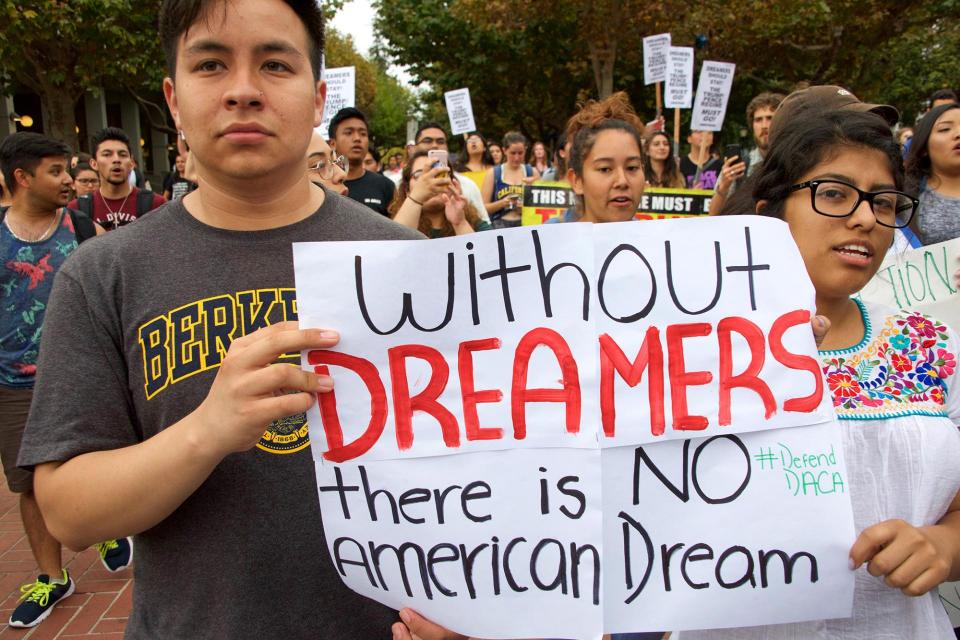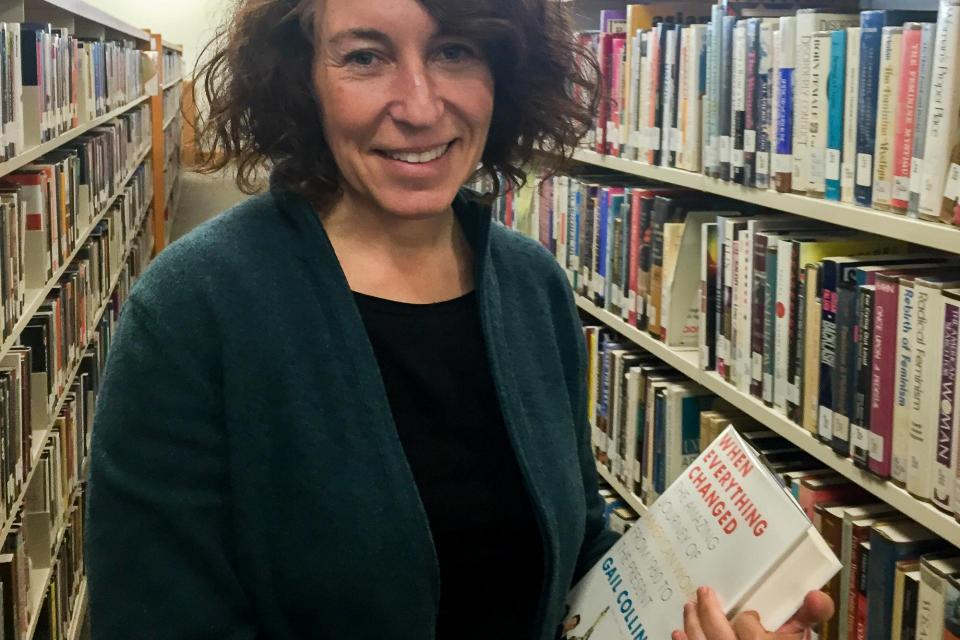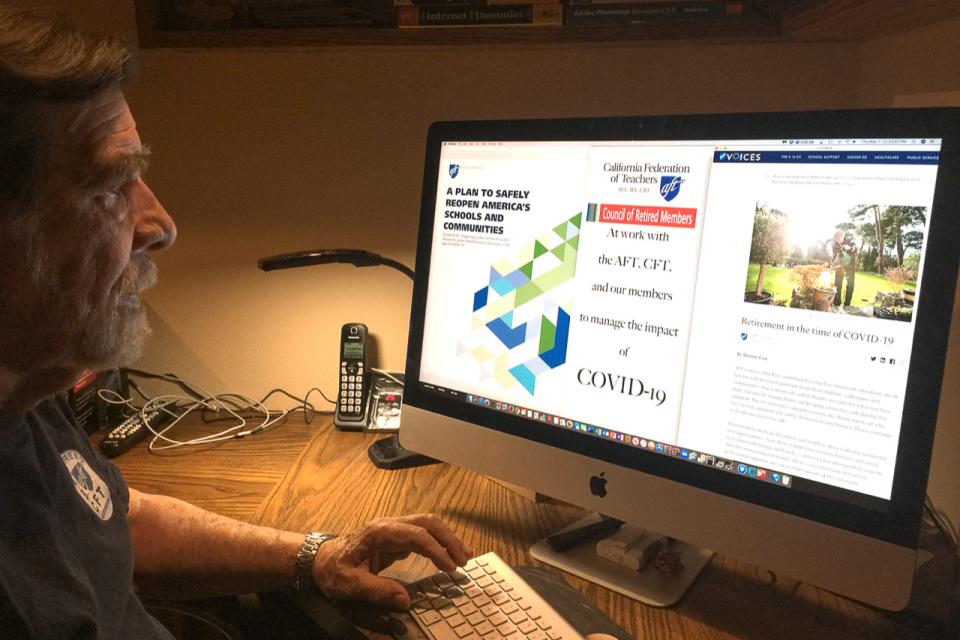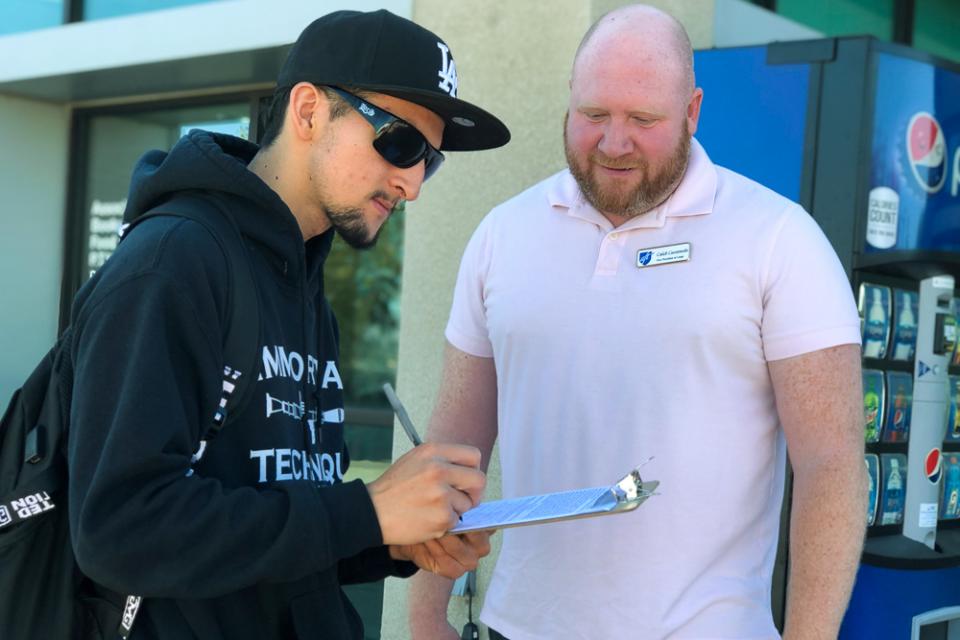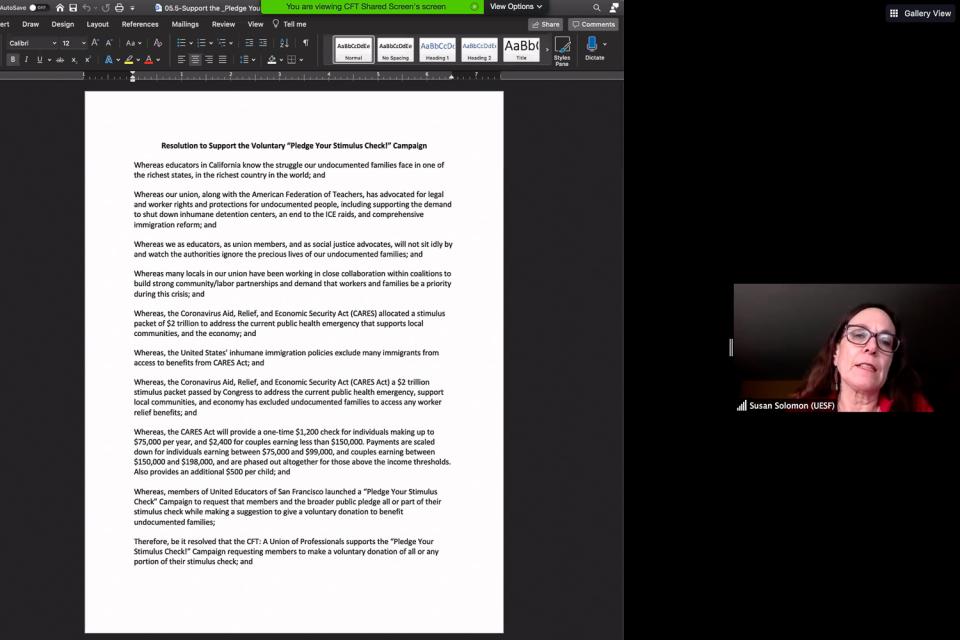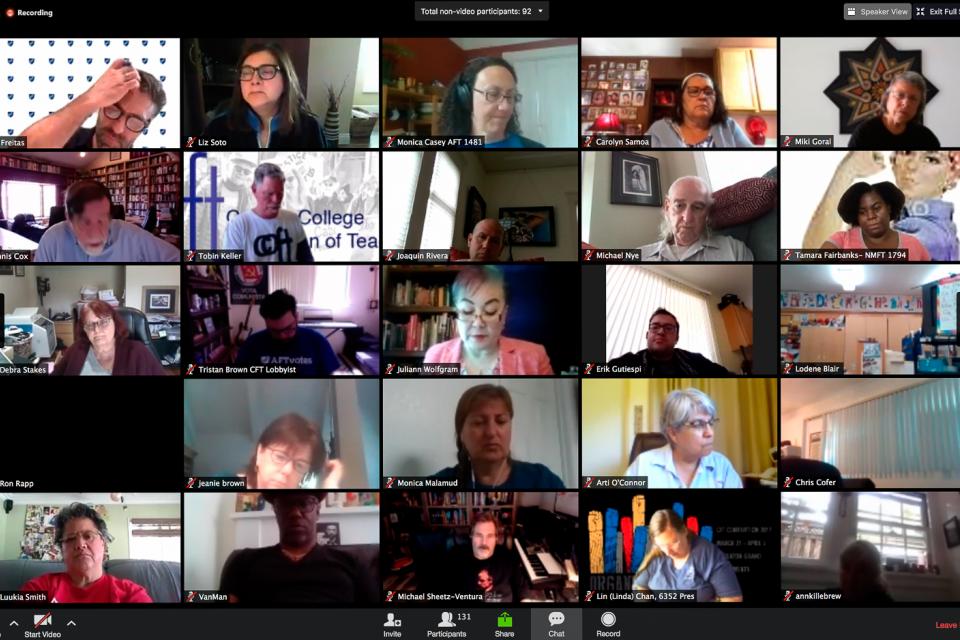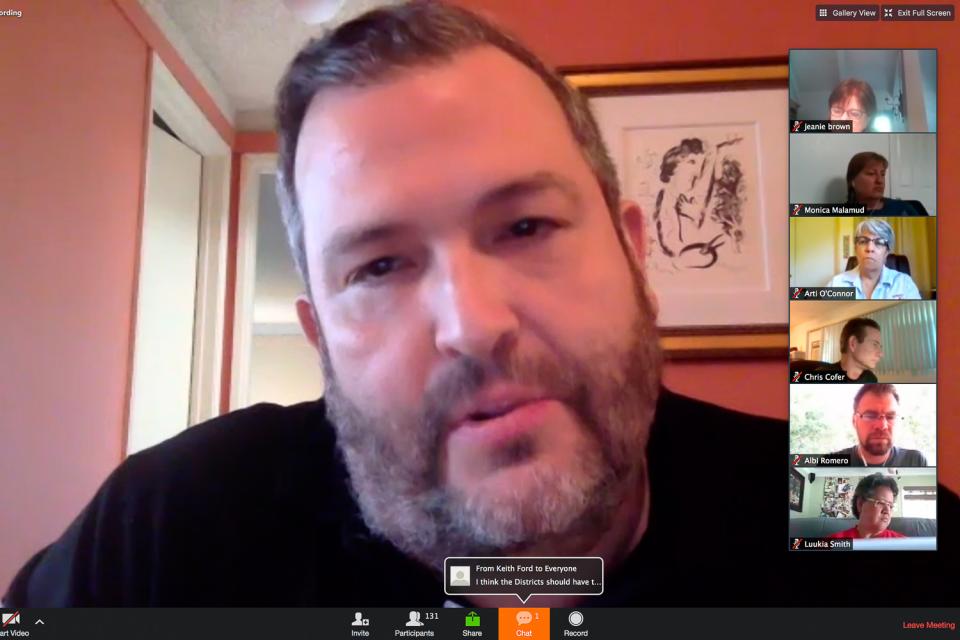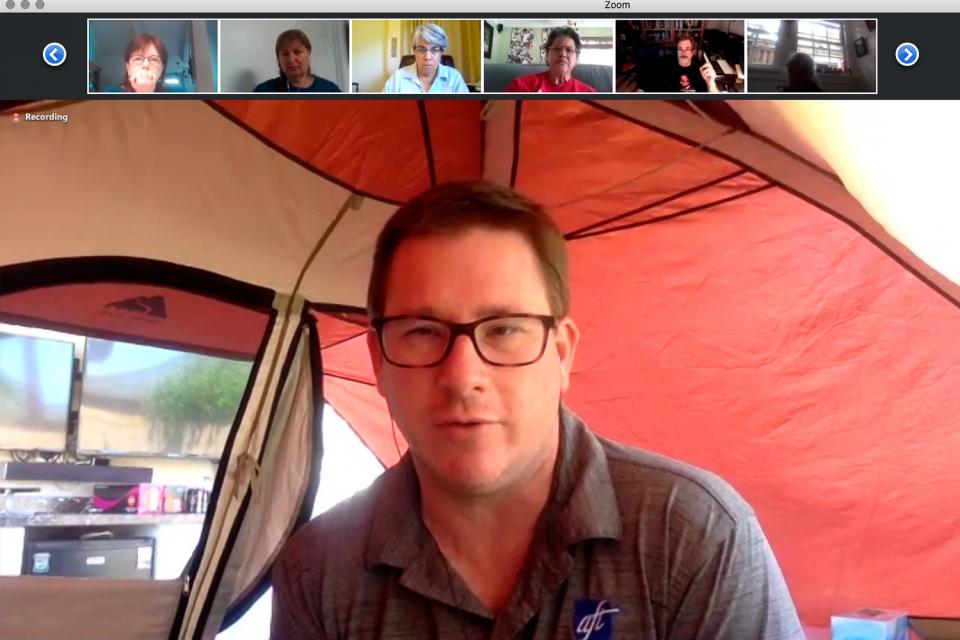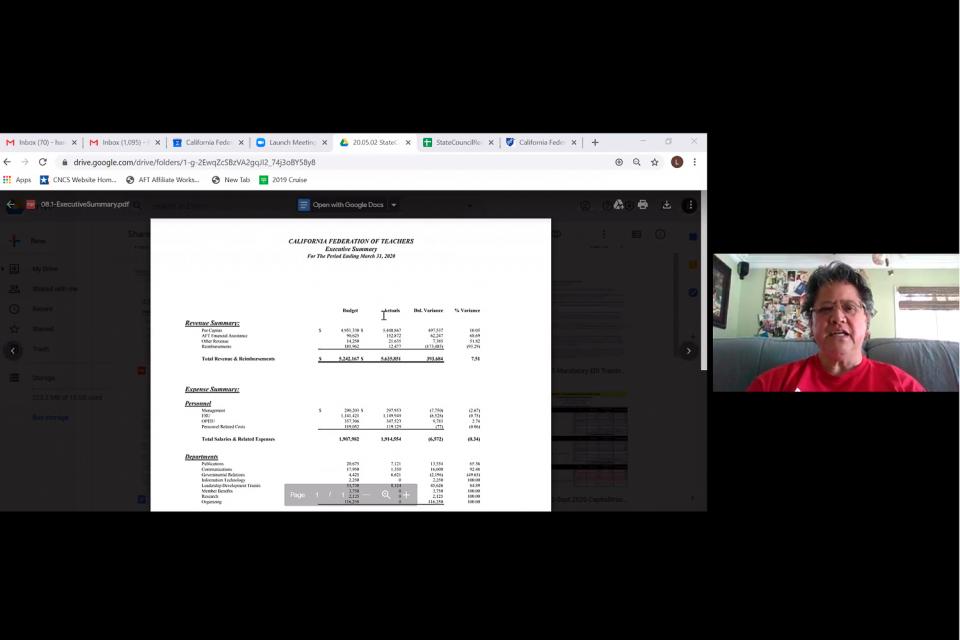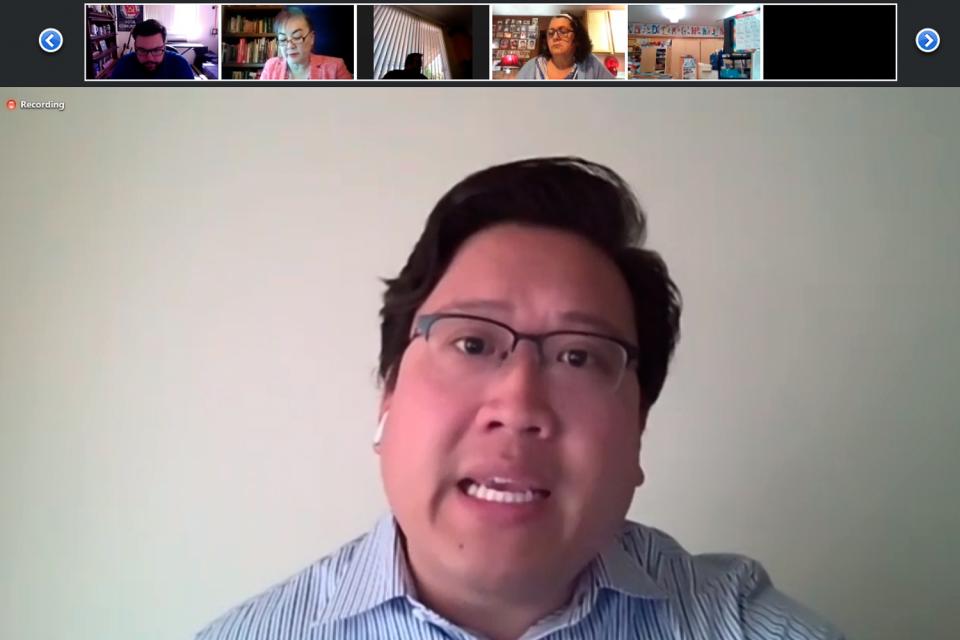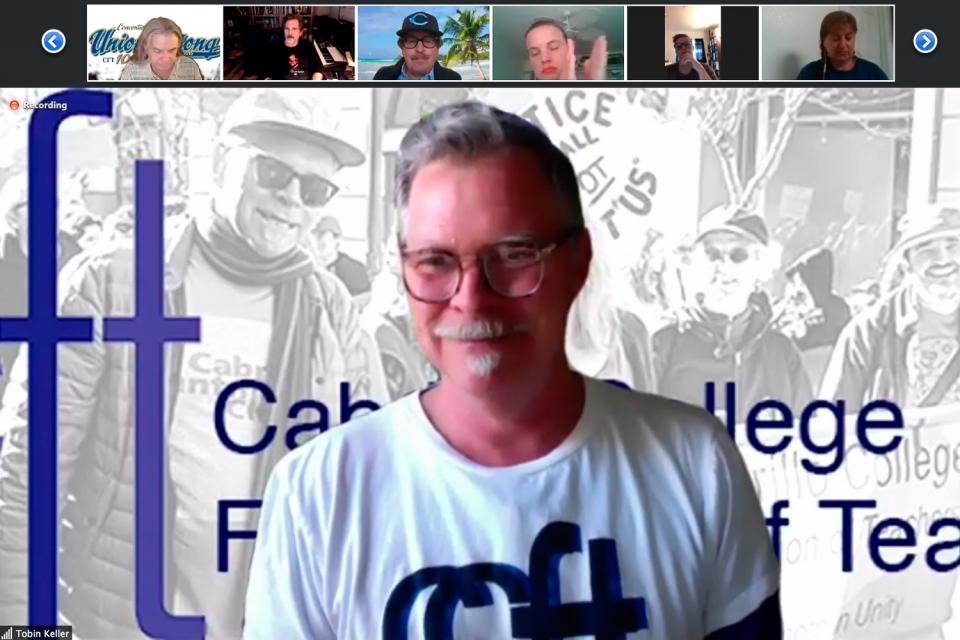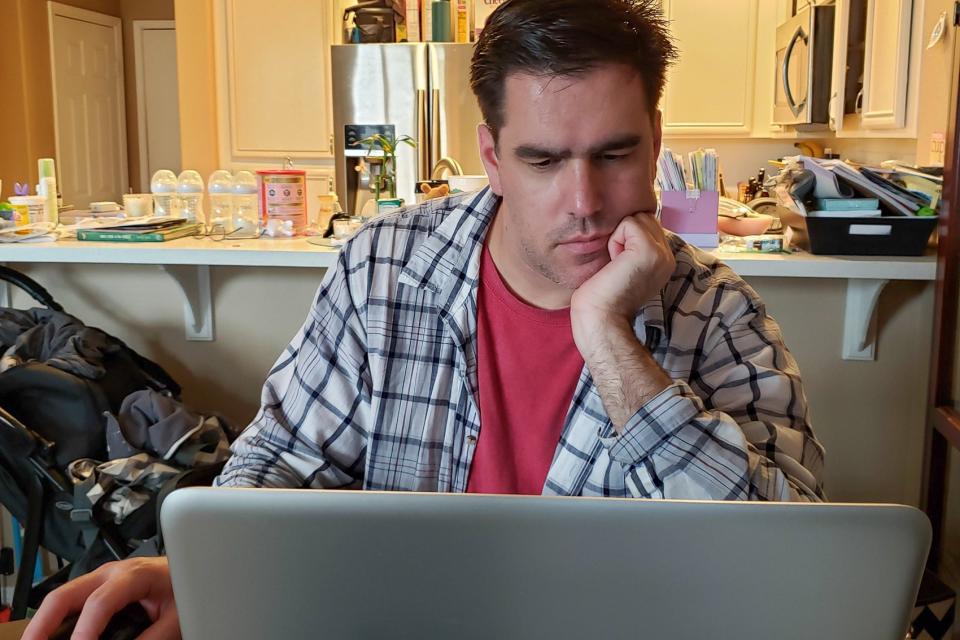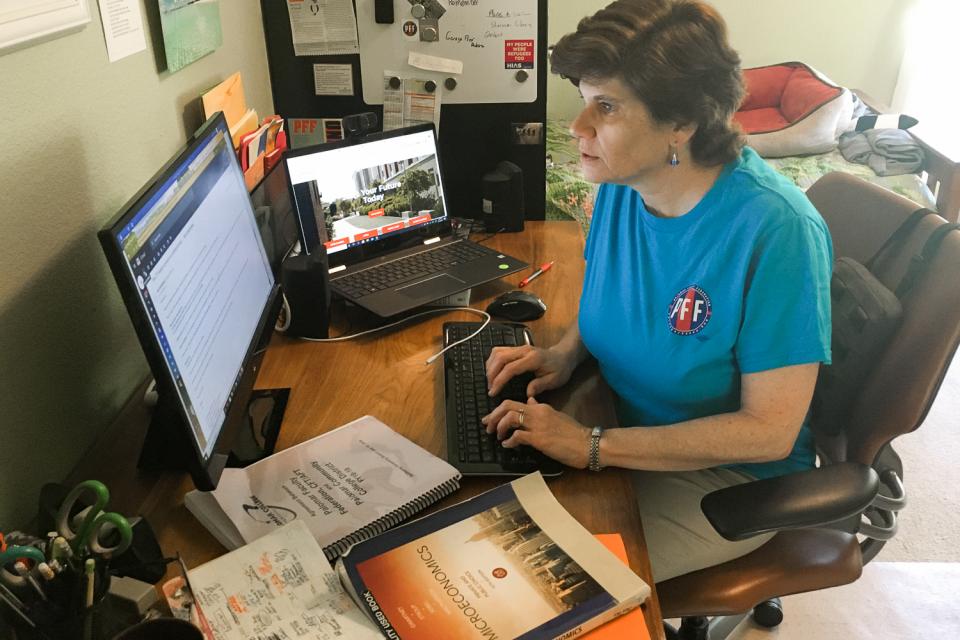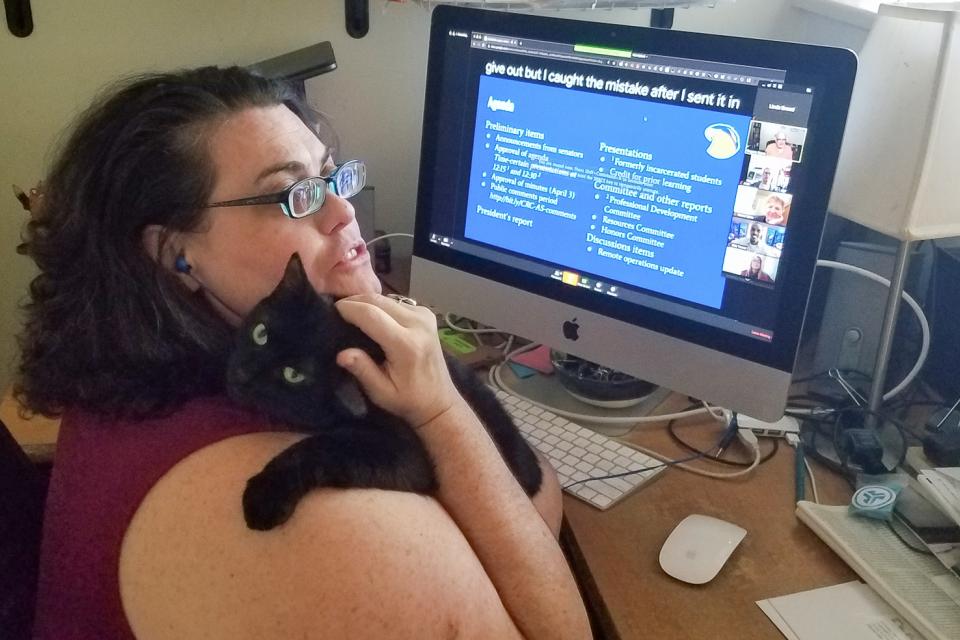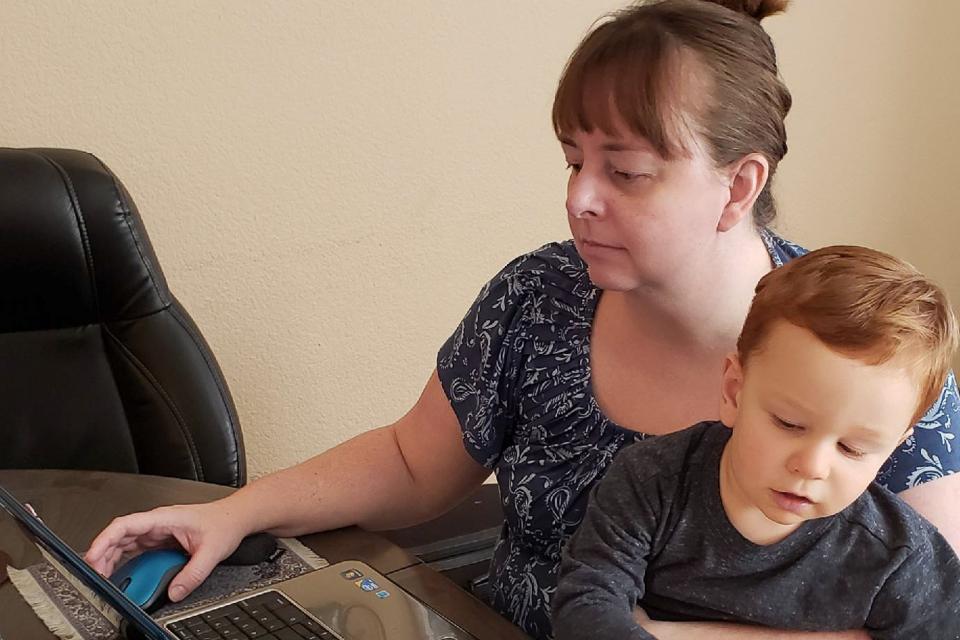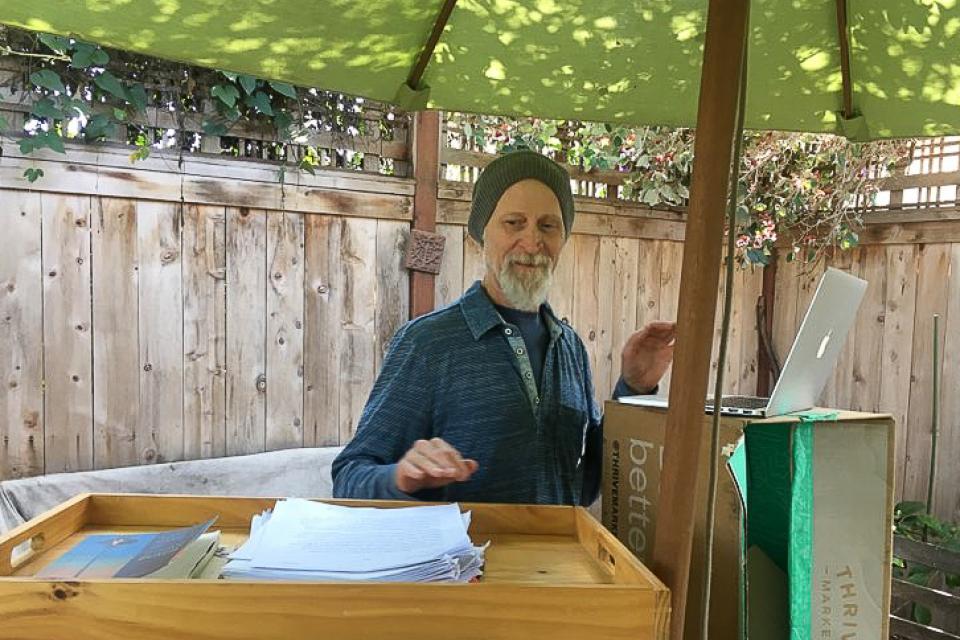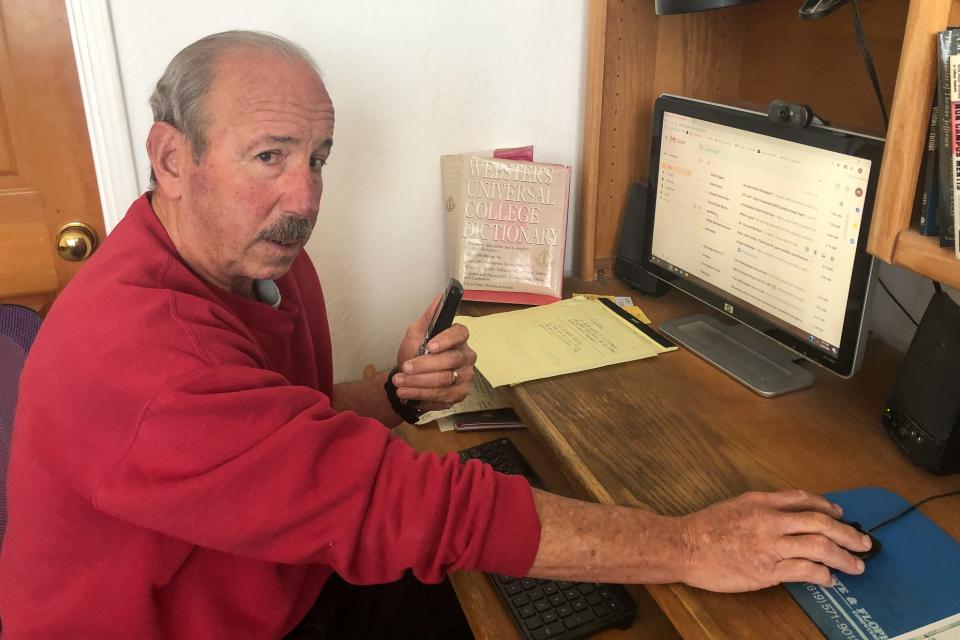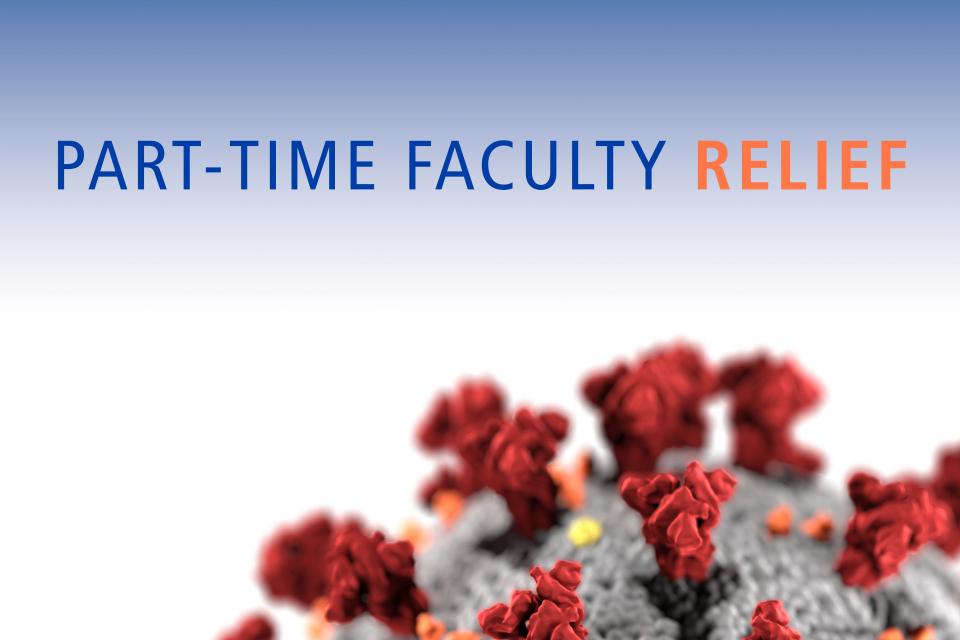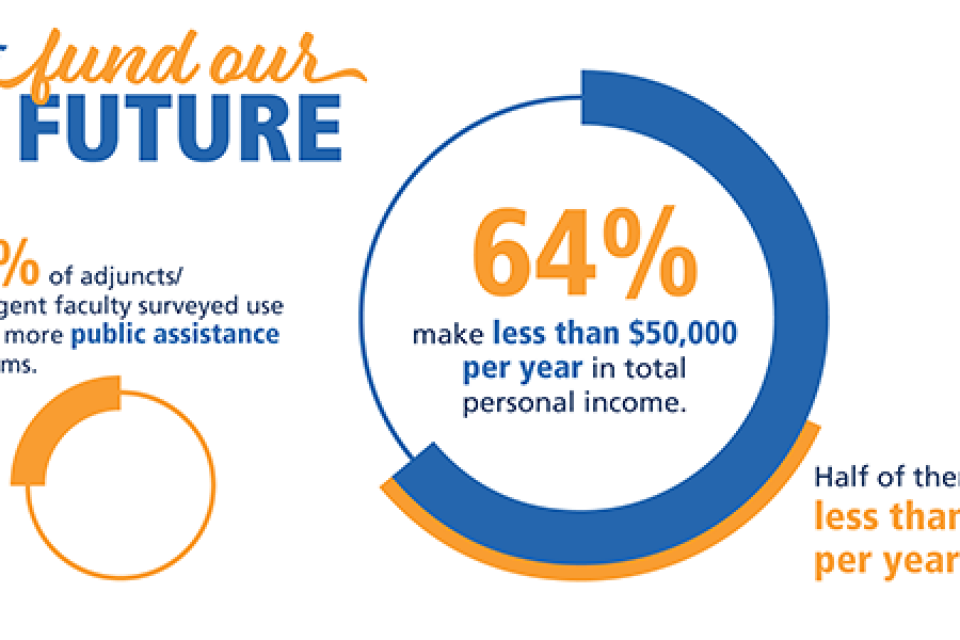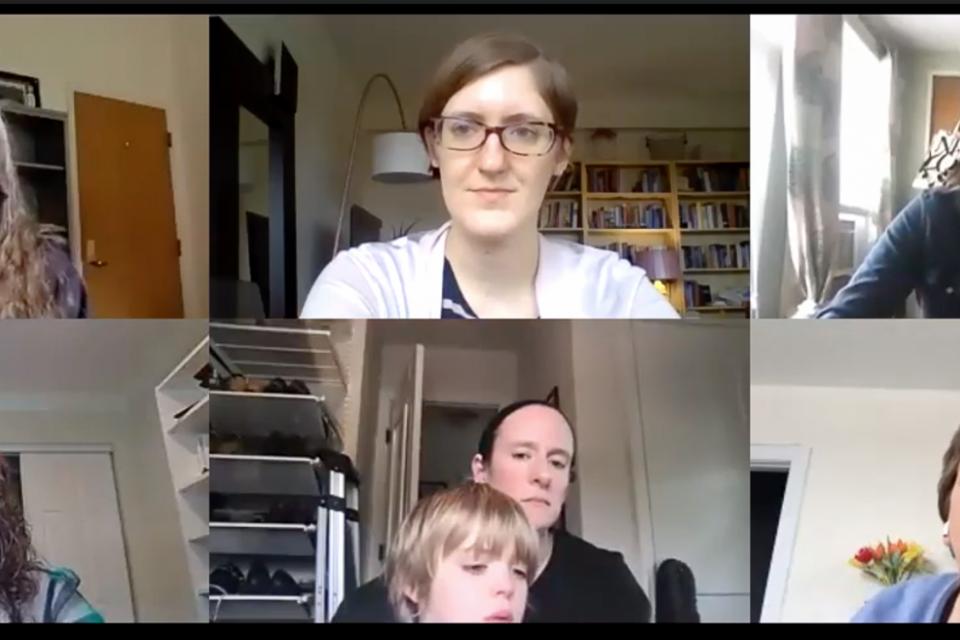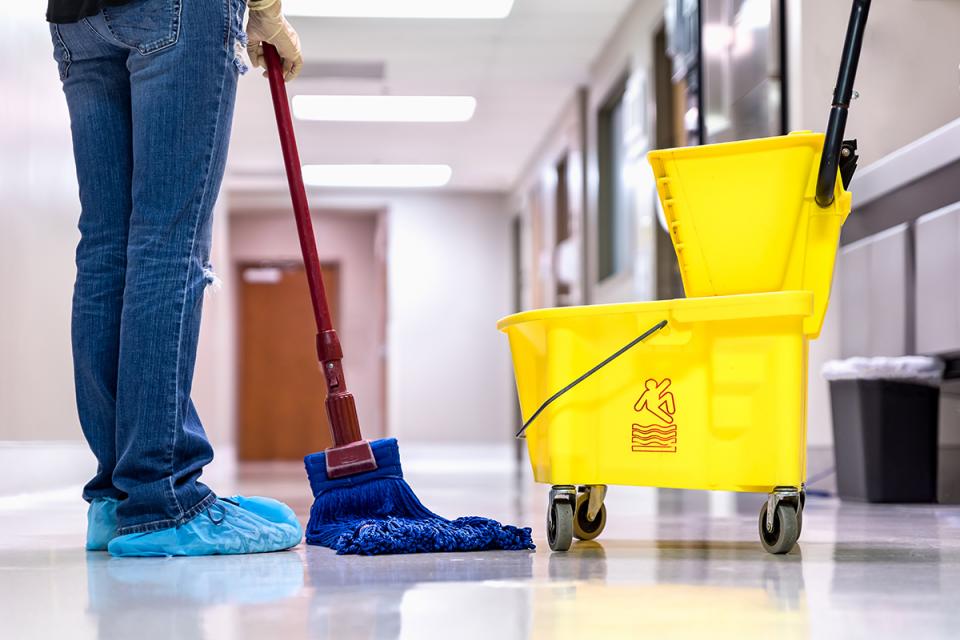Newsroom
Undocumented students more vulnerable than ever during pandemic
How faculty can make a difference
By Jessica Silver-Sharp, San Mateo Community College Federation of Teachers
When I first wrote about undocumented students in October 2017, I couldn’t have foreseen how things could change so much in less than three years. Two out of three of our campus Dream Centers in the San Mateo Community College District were established during this time when young “Dreamers” were forming a national youth movement and “coming out” across the country. Then, a majority of the hundreds of undocumented students on campus enjoyed legal protections under DACA.
Being retired in the time of Covid-19
By Dennis Cox, Southern Vice President, Council of Retired Members
AFT retirees have contributed so much to American education, and are in line for well-deserved gratitude from their students, colleagues and communities. You warrant a heartfelt thanks for what you have done, and for staying home and keeping yourselves safe during this outbreak. You are extremely valuable citizens. So, thank you to all who have served, and are now staying safely sheltered in your homes! Please continue to do all you can to stay safe.
Members collect 20,000 signatures in support of Schools & Communities First
Hitting statewide goal helped land measure on November 3 ballot
Update: On June 4, Schools and Communities First officially qualified for the November 3 General Election ballot.
Last fall, when CFT began circulating petitions to qualify the Schools and Communities First initiative, seems like a world away. Yet on April 1, the early days of the coronavirus outbreak, the coalition submitted 1.7 million signatures, nearly twice the number needed to put the measure on the November ballot and the most ever gathered in California history.
State Council passes pandemic-related resolutions
First-ever online State Council brings large turnout
The CFT held its first online State Council on May 2. In what may be the highest attendance in recent years, about 140 representatives from local unions tuned in on a Saturday afternoon for the well-managed three-hour Zoom meeting that allowed delegates to vote on numerous policy issues before the Federation.
AFT guidelines call for safe reopening of schools and communities
National union defines five key tenets for reopening
The AFT on April 30 released a detailed road map that, in the absence of a COVID-19 vaccine, charts a path to safely and responsibly reopen school buildings and other institutions crucial to the well-being and economic vitality of our communities.
The 20-page, science-based “Plan to Safely Reopen America’s Schools and Communities” sprung from an intense collaboration of public health professionals, union leaders and frontline workers to prepare for what happens next in the period between flattening the curve and truly eradicating the virus.
- Read more
- AFT Plan to Reopen American Schools and Communities
- AFT Plan to Reopen American Schools and Communities — Spanish
- AFT Guide to Bringing Parents, Patients, Students and Community Together to Reopen America's Schools Safely and Equitably
- AFT Guide to Bringing Parents, Patients, Students and Community Together to Reopen America's Schools Safely and Equitably – Spanish
Allan Hancock College teachers and the ‘new normal’
Union presidents surveys part-time faculty for newspaper column
By Mark James Miller, Part-Time Faculty Association of Allan Hancock College
“I miss the face-to-face contact.”
“Something is missing.”
“I miss being with my students.”
As Hancock College’s part-time instructors adapt to the “new normal” brought on by the coronavirus, one theme is constant: With all classes now being taught remotely, they miss being in the classroom with their students.
Adjunct faculty leaders organize, meet challenges of pandemic
The union picture — now and in the months ahead
The ongoing COVID-19 experience for part-time instructors has demonstrated their great collective strength and resiliency, despite limited pay, benefits, job security, and often minimal support.
Several local union leaders — who are part-time faculty — report that beyond the initially hectic and at times frenzied process of transitioning to remote instruction and services, faculty have more or less still been able to teach a semblance of their face-to-face course.
Part-time faculty face the travails of remote teaching
Stories of teaching from home during the pandemic
Within the span of just two weeks in early March, California Community Colleges, along with the rest of American higher education, were forced into the perhaps the largest and most radical pedagogical shift in its history.
Relief for part-timers and their families during pandemic
Unemployment Insurance, housing, utilities, student loans
In the wake of the COVID-19 crisis, part-time faculty — beyond dealing with protecting the health and safety of themselves and their families — are facing threats to their economic security, including loss of income, access to health insurance, and their capacity to pay for housing and utilities.
It is essential part-timer faculty are aware of recent actions taken by the federal government and state of California to provide relief for people facing these challenges.
“An Army of Temps” — AFT’s call to action
New AFT report attaches numbers to the human crisis in higher education
Part of the tragedy of the COVID-19 pandemic is that for those who were already at risk, it has laid their situation bare. This is a part-timer reality.
“While it may seem like an odd time to be putting out the “Army of Temps: AFT Contingent Faculty Quality of Worklife Survey,” frankly, it’s about as good a time as ever to show the fragility of this workforce.”
Families First Coronavirus Response Act signed into law
Federal legislation expands sick leave, family leave
Congress passed and the president signed the Families First Coronavirus Response Act (FFCRA) which is effective from April 1, 2020, to December 31, 2020.
Congress also passed and the president signed the Coronavirus Aid, Relief and Economic Security (CARES) Act, which was effective on March 27, 2020. The CARES Act amended FFCRA with respect to some sick time provisions and also provided expanded unemployment insurance benefits.
Custodians on the front lines of COVID-19 pandemic
Keeping campuses clean, supporting food service workers
On Friday, March 13, Gov. Gavin Newsom ordered Californians to help slow the spread of the highly contagious coronavirus by keeping a “social distance” of six feet from each other.
School districts that were still operating suspended classes and college campuses emptied, but Newsom’s order continued full funding for public education and “essential” workers were told to report for work Monday.

